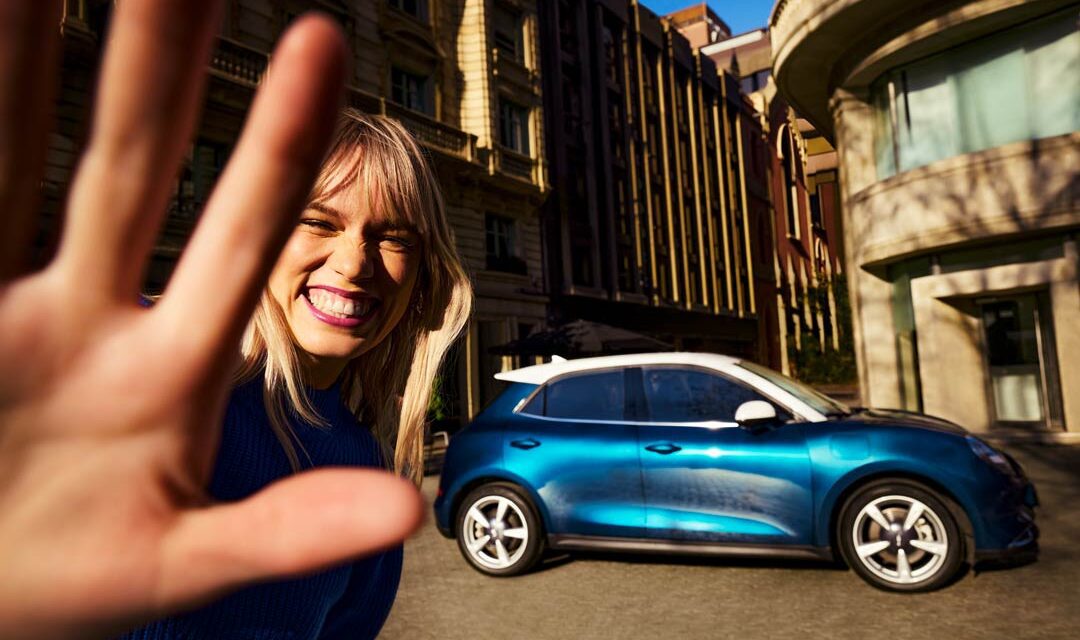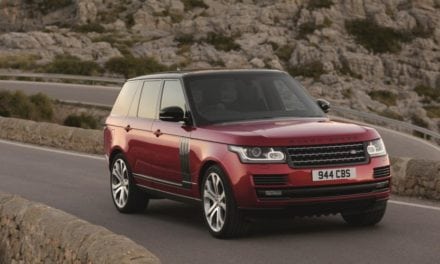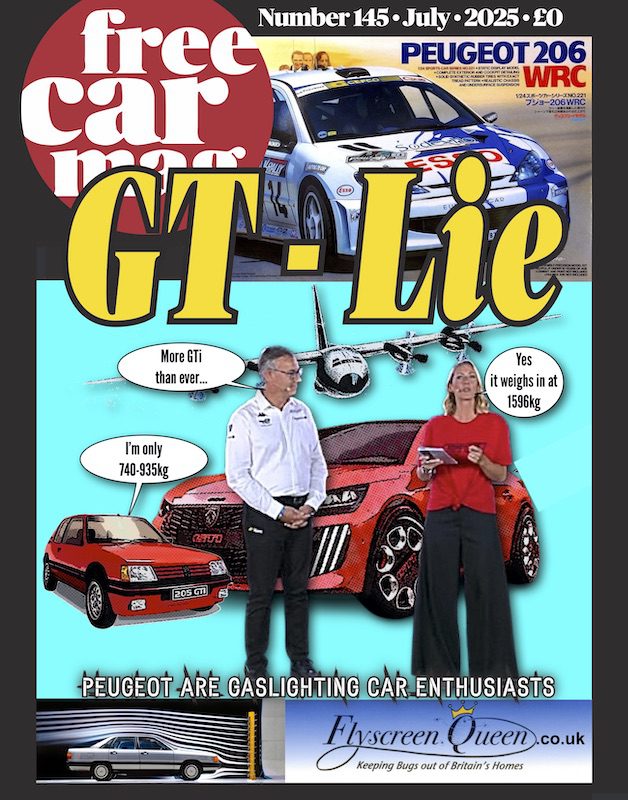I like cheese. In a world increasingly micro-managed by the joyless, I intend to stand firm on this – they can take my cheese from me when they prise it from my cold, dead hands. I also like France. Controversially, I think British cheese is better. This is, however, a view I am reticent to share whenever I venture across La Manche, as I expect it would not be well received. Imagine, for a moment, that an unwise French government not only agreed with me, but actually created conditions advantageous to UK producers. Anyone think the farmers over there would take it lying down?
Cheese, France, where am I going with this? It’s a good question, and it gives rise to another, altogether more existential one where the domestic car industry is concerned. Here’s why.
Back in the days when my working life required me to know such things, one of the glossy UK car magazines used to have a section providing the vital statistics of vehicles on sale in the country: list prices, fuel economy, emissions data, that sort of thing. At the time, it was quicker and more reliable than Google. Anyone looking to compare information on – I don’t know – a Ford Mondeo 2.0 diesel with its mainstream competitors, could simply turn to the appropriate pages and instantly see the information they needed. I have no idea whether or not it still exists but back then it was an invaluable resource. I guess today’s AI-driven search ‘solutions’ are probably just as good, but anyone who actually cares about the environment (as opposed to screeching and preaching about it) knows this largely unnecessary process has an immense energy cost.
Back then, the industry was relatively settled. The same familiar names would appear week after week. The Mondeo had three or four very obvious equivalents, as did the Astra or the E-Class or whatever. New models would drop in as and when they were launched and product ranges would visibly improve. The rise of the Koreans was noticeable. Anyone who remembers the original Kia Sportage will remember this, and the Hyundai Stellar really ought to have been called the Stella, on the grounds that you’d have needed seven or eight pints of the stuff just to entertain the notion of buying one. Skoda, too, went through a transformation from risible to desirable.
But actual manufacturers coming and going was an incredibly rare occurrence, usually worthy of a news story within the magazine itself. The collapse of SAAB and Rover are two that immediately spring to mind. Other than a handful of niche companies and the occasional ill-advised foray by a US manufacturer into the British market, I can’t really remember many arrivals at all – certainly not ones that made any noticeable impact on the sales charts.
How times have changed. Just the other day, I spotted an unspeakably ugly Range Rover rip-off coming the other way. Apparently it was a Jaecoo, the existence of which brand came as news to me. I’ll admit, I’ve rather lost interest in new cars since a certain shabby drunk of a former Prime Minister decreed the demise of the internal combustion engine, but I used to at least have a handle on what was on the road.
Apparently, around ten new mainstream car makers have arrived on the British market in recent years. I was aware of the laughably-badged BYD marque – and I can’t help but think that anyone wilfully driving around with ‘Build Your Dreams’ emblazoned across their tailgate is probably a bit of a ‘Live, Laugh, Love’ devotee too – and I’ve seen those silly little ORA (overpriced run about?) cat things, but where the hell did Xpemg come from, or Lynk, or bloody Omoda?
The answer, naturally, is China. It’s well understood that the country has significant commercial advantages when it comes to producing cars that run on electricity, but the speed with which they’ve conquered the market has been alarming. As, too, has the apparent indifference of the established Western brands to this politically mandated onslaught. Rover, bless them, would undoubtedly have floundered uselessly in their wake. The utter capitulation by the Volkswagen, Renault, Ford et al has, however, been startling to witness.
These are powerful entities, not known for meekly accepting whatever diktats the latest set of meddling chumps running their respective countries attempt to impose. Their inaction appears suicidal. Why are they doing nothing?
Like so much going on in the world right now, it doesn’t make any sense. The whole thing feels entirely unreal. Can anyone offer an explanation?











